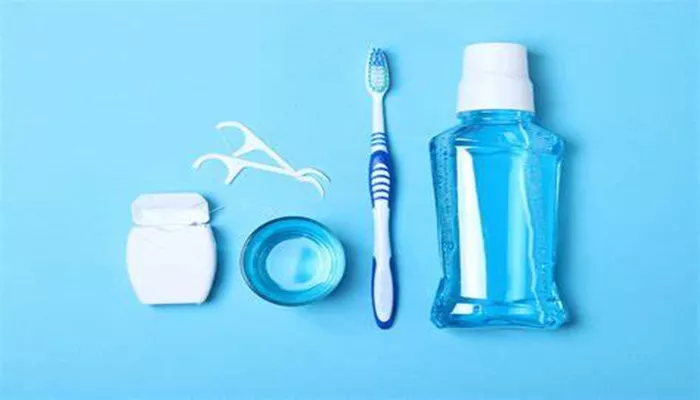Avoid Tooth Sensitivity This Summer with Expert Oral Care Tips.
Summer brings a bounty of delicious foods, but for those with sensitive teeth, the season can turn painful quickly. To help you savor your favorite summer treats without discomfort, here are some expert tips on managing tooth sensitivity.
In an interview with HT Lifestyle, Dr. Neha Chhabra, Co-Founder of Bentodent, emphasized the benefits of natural toothpaste. “Instead of using commercial toothpastes with potassium nitrate or stannous fluoride, choose natural options.
These often include ingredients like bentonite clay, clove, propolis, and guava leaf, which can reduce sensitivity without causing side effects like irritation or changes in taste.”
Dr. Chhabra also highlighted the importance of daily flossing to remove plaque and bacteria from the gum line, which helps maintain healthy gums and can decrease sensitivity related to gum recession. Staying hydrated is crucial too; drinking plenty of water helps wash away food particles and dilute the effects of acidic or sugary beverages. Incorporating calcium-rich foods, such as yogurt and cheese, into your diet supports strong teeth and enhances your oral care routine.
For added enamel protection, Dr. Chhabra recommends using a non-alcoholic herbal mouthwash. Herbal mouthwashes, which often contain soothing natural ingredients like aloe vera, chamomile, and mint, can calm the gums without causing irritation. Additionally, practicing mindful eating, enjoying summer treats in moderation, and rinsing with water after meals can help neutralize acids and maintain a sensitivity-free summer.
Tips for Enjoying Summer Without Tooth Pain
Dr. Sheetal Kochhar, Consultant in General Dentistry and Endodontics at Max Multi Speciality Centre, explained that tooth sensitivity often results from enamel wear, caries, exposed root surfaces, chipped teeth, dislodged fillings, or gum diseases.
To prevent sensitivity, regular dental check-ups and using desensitizing toothpaste are recommended. Your dentist can guide you in selecting the right toothpaste, and fluoride treatments can strengthen teeth and reduce sensitivity.
For severe cases, such as deep caries or significant enamel wear, a root canal may be necessary. Using a soft-bristle toothbrush with gentle strokes is also advised. Gum grafts can cover exposed root surfaces, and those who grind their teeth should consider wearing a night guard to protect enamel. To mitigate the effects of acidic foods, drinking plenty of water afterward can help balance mouth acidity.

